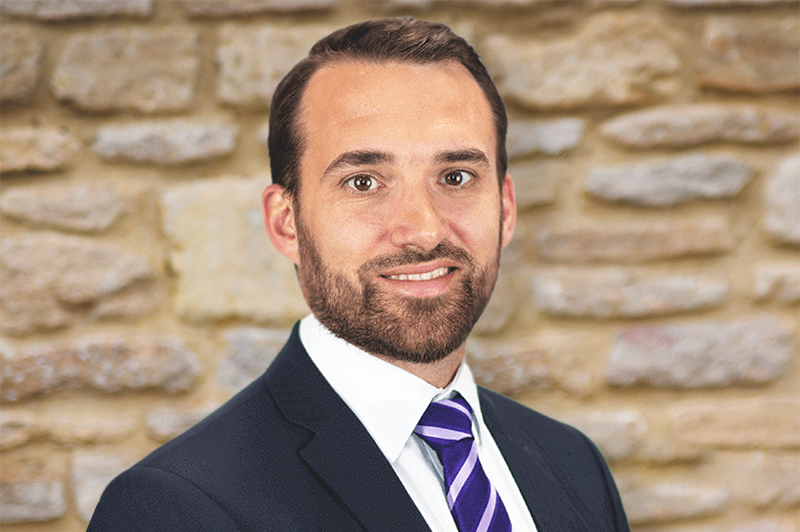Pensions are a very tax-efficient way in which to save money for your retirement, and in passing on wealth to future generations. One of the best features of using a pension to save for retirement is tax relief. When you pay into your pension, some of the money that would have gone to the government as tax, instead goes towards your pension and is given at the marginal rate of tax you pay.
Money you take from your pension pot comes from your provider with the tax already taken off based on your tax code. Your provider may also take off any tax due on your State Pension through Pay As You Earn (PAYE). On some occasions, you might pay emergency tax when you take money from your pot which you can claim back from HMRC.
There are, however, certain limits that you need to be aware of which can impact the amount of tax relief you are entitled to, which is known as the Annual Allowance. Contributions over these limits could lead to a tax charge on any excess relief provided.
Pension Commencement Lump Sum
You can take money from your pension pot as and when you need it until it runs out. 25% of your fund is available tax-free but can be taken in different ways, and the rest of the fund is added to your other income and so is taxable.
The remaining pension pot stays invested, meaning the value of your pension pot and future withdrawals are not guaranteed (unless you are purchasing an annuity). Keeping your pension pot invested creates the potential for growth in a tax-efficient environment, but it is important to be aware that investments can go up or down. You can also spread the money you withdraw over a number of years, helping to reduce the overall amount of tax you pay.
What is the Annual Allowance?
The Annual Allowance (AA) is the limit on how much money you can build up tax-free in your pension in any one tax year whilst still benefiting from tax relief. You can still make more contributions than this into your pension, however, you would not get tax relief on contributions over the AA.
The AA is currently £40,000 for most people but is also subject to 100% of your earnings. Therefore, if your earnings are lower than £40,000, you will be entitled to tax relief only up to the amount you earn. If you earn less than £3,600, you can pay in up to £2,880 and still get tax relief.
Lifetime Allowance
You will usually pay a Lifetime Allowance (LA) tax charge if your pension pots are worth more than the LA, which is currently £1,073,100. However, you might be able to protect your pension pot from reductions to the LA.
You pension provider will provide a statement telling you how much tax you owe if you go above your LA and will deduct the tax before you start getting your pension. However, this will also need to be reported to HMRC via a self-assessment tax return.
The rate of tax payable on pension savings above your LA is:
- 55% if you get it as a lump sum.
- 25% if you get it any other way, for example pension payments or cash withdrawals.
How is my pension taxed upon death?
If you die before you have taken everything from your pension pot, its value will usually be paid as a lump sum to your beneficiaries, with no LA tax charge to pay if the funds total less than your LA.
If you die before age 75 then your entire pension pot can be paid to your beneficiaries tax-free and they can choose to take it as an annuity, a lump sum or through beneficiary drawdown. If you die aged 75 or older, your pension pot can be paid to your beneficiaries either as a lump sum or through beneficiary drawdown, or an annuity, but all payments will be subject to income tax at their marginal rate.
Inheritance Tax
Inheritance Tax (IHT) can apply to any property, money and belongings you pass on, however, it does not usually apply when you pass on your pension fund. This is because, unlike other investments, your pension is not part of your taxable estate. This means it is very tax-efficient to keep your savings in a pension fund and pass it down to future generations, should your
estate be liable to IHT.
Any money you take out of your pension (such as PCLS, or income) becomes part of your estate and is subject to IHT.
Annuities
You can choose to have an annuity which has a guaranteed period, meaning payments are guaranteed until the end of that period, even if you die before then.
If you bought an annuity that provides for a dependant or nominee, they will receive a dependant’s annuity if they are still living after you have died, and will be paid for the rest of their life.
If you die before age 75, the annuity payments will be tax-free, however, if you die after age 75 then any payments will be taxed as income at their marginal rate. In all other cases, no further payments are made after your death.
With careful planning, you can use a pension to its full potential, taking into consideration the various tax exemptions and allowances that apply to you. This means that you can build up your wealth in a tax-efficient way in order to provide for your loved ones after you pass away.
If you have any questions regarding your pension or tax planning needs, please do not hesitate to get in touch with one of our Independent Financial Advisers on 0117 450 1300.






